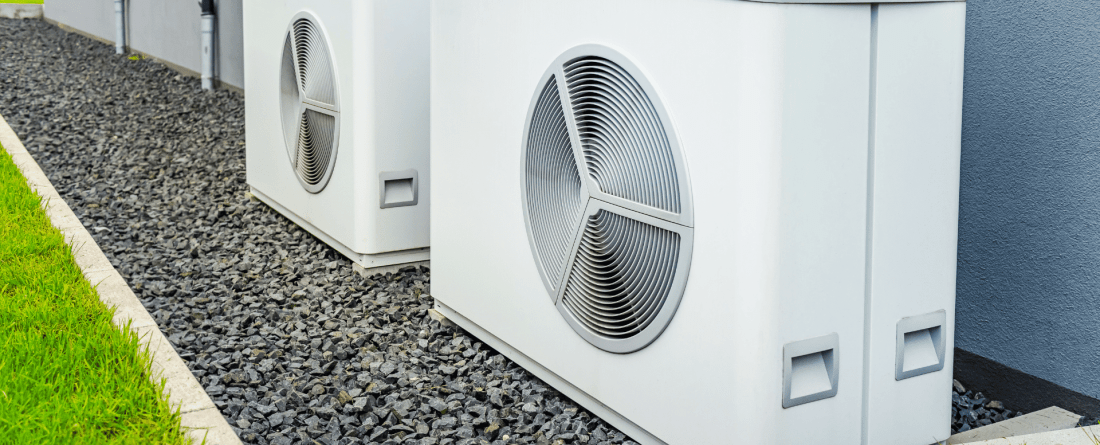
Edwards, M., Garibay-Rodriguez, J., Erickson, J., Shayan, M., Tan, J., Shen, X., Qiu, L., (2024). Assessing inequities in electrification via heat pumps across the U.S. Joule. https://www.sciencedirect.com/science/article/pii/S2542435124004306
Summary
Burning fossil fuels for space heating in buildings is an important contributor to climate change in the U.S. and worldwide. A key strategy for reducing these emissions is electrification of space heating via heat pumps coupled with low-carbon electricity. Public policies, including the Inflation Reduction Act (IRA), provide incentives for households to adopt heat pumps, and local, state, and utility policies have also begun to provide pathways for household electrification. However, electrification rates vary substantially across communities, raising questions about potential energy inequities. In this study, we assess current inequities in electrification via heat pump across the U.S. We develop a framework that combines household property data, sociodemographic indicators, and estimates of the effects of heat pump adoption on household energy bills. We find that communities of color and those with a higher proportion of renters are less likely to use heat pumps across the board. We also examine patterns in heat pump use in regions where they are predicted to reduce—or potentially increase—energy bills. Communities of color are less likely to use heat pumps in regions where, if adopted, they are predicted to experience energy bill reductions. This emerging inequity highlights the importance of public policies that provide targeted incentives and support for electrification in underserved communities, with a focus on beneficial electrification that lowers energy bills. Our framework for assessing inequities in heat pump use can be applied to other clean energy technologies where the direct benefits of adoption for households vary across locations.
